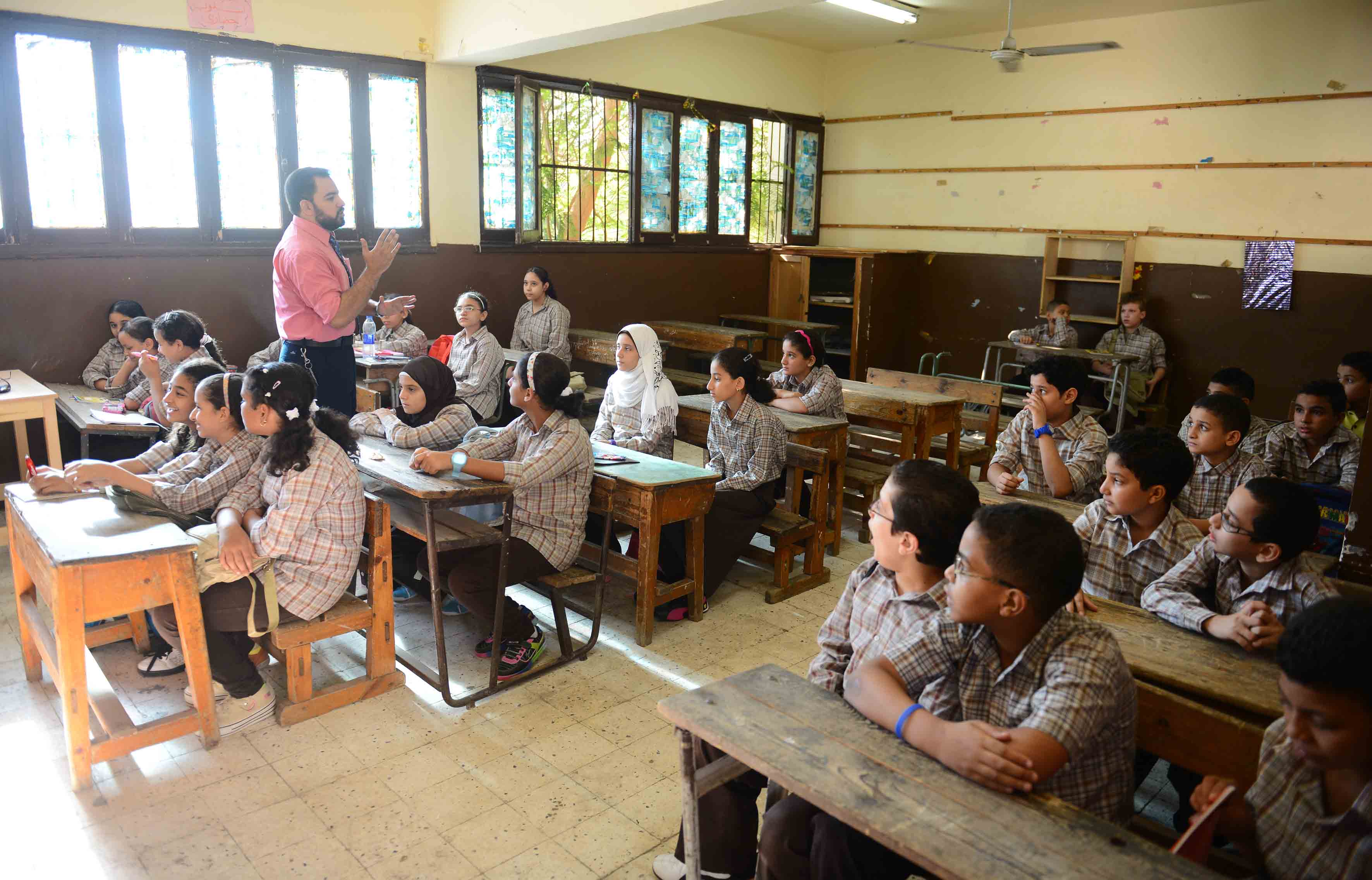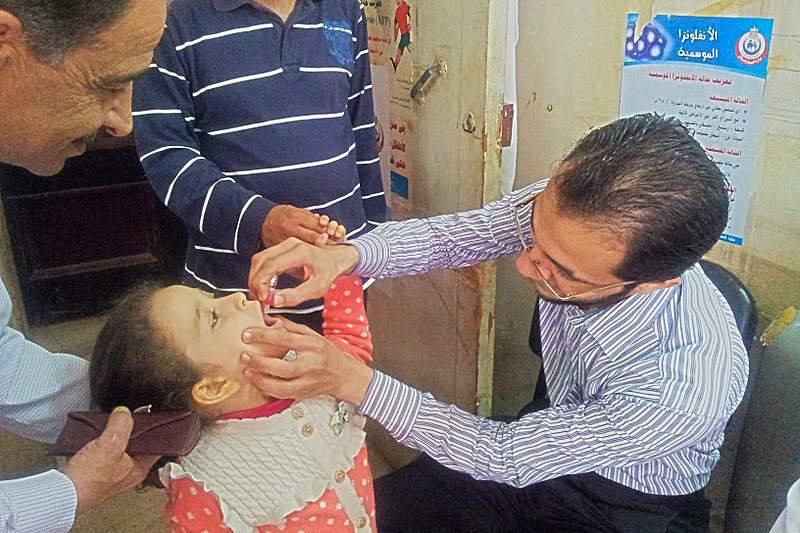The health of President Hosni Mubarak has been reported by both local and international media. Local papers took varying approaches to the news.
State-run Al-Ahram leads with a story on the meeting between Mubarak and Turkish President Abdallah Gul, where they watched the graduation ceremony at a military school. Such public appearances have been attributed to the president’s mission to tranquilize mounting worries about his health. The story quotes Suleiman Awad, a spokesman for the president, as saying that Turkey and Egypt are not in competition for a leading regional role. Awad’s response to rumors of the president’s ill health are reported toward the end of the piece. According to Awad, the rumors were spread by American and Israeli sources. He added that the presidency has no interest in responding.
This comment, featured inside of a large story in Al-Ahram, leads the privately owned Al-Shorouk. Its front page headline reads, “Presidential spokesman: Mubarak’s activities are the best response to Israeli and American reports about his health.” In the story, Awad is quoted as saying that the presidency has been transparent about Mubarak’s health, and that medical reports on the gallbladder surgery he had in Germany were fully disclosed.
In his daily column, Al-Ahram editor in chief Ossama el-Soraya reminds readers that the location of the military school graduation, attended by Mubarak and the Turkish president, is the same place where Mubarak, five years ago, announced that he will run for yet another presidential term. In celebratory language, el-Soraya describes yesterday’s parade: “The president was standing proud among the soldiers and Turkish host. He was full of energy. May God grant him good health. It was an expressive moment.”
Ibrahim Eissa, editor in chief of the privately owned Al-Dostour, takes a different approach. “The western media’s [coverage of Mubarak’s health] reflects worry. But the reaction of the ruling regime reflects disturbance.” Eissa, who was sentenced to jail time in 2008 for spreading false rumors about the president’s health, writes that Mubarak’s constant public appearances will end up hurting his health, rather than proving his well-being. “Even if the president doesn’t suffer from a particular illness, he is an 82-year-old healthy man, which is different from being a 40-year-old or a 50-year-old.” Eissa adds that political responsibility and decision-making processes cannot be handled as well at 82. Eissa, whose past reports about the health of the president have allegedly inspired investors to withdraw money for fear of instability, was eventually pardoned by the president.
Elsewhere on the front pages of the privately owned papers are accounts of accidents and violations. Al-Dostour reports on the alleged kidnapping of the wife of a church priest in Upper Egypt’s Minya governorate, an event which is causing unrest among the village’s Coptic community. The story does not suggest sectarian strife as the cause of the incident, but relays the priest’s complaint that the police did not properly investigate the disappearance. The unconfirmed kidnapping is reminiscent of the deadly attacks in Nagaa Hammady, another Upper Egyptian town, where six young Coptic men were killed on Christmas eve.
Al-Dostour also reports on a group of Sinai Bedouin who have accused a fellow Bedouin of trying to poison them. The tribesmen, who are wanted by the police, said that the accused was offered financial incentive from security forces as well as a pledge to release his jailed father. Many Bedouin detainees were released following recent tensions between security forces and the Bedouin communities in Sinai.
Al-Shorouk reports that Cairo police beat a pickpocket to death when he tried to evade them after stealing a woman’s purse. Opposition paper Al-Wafd reports that a television announcer killed his wife with a gun during a dispute. The paper adds that the announcer, who has been referred to the Criminal Court, was under the influence of hash at the time of the killing.
Al-Ahram: Daily, state-run, largest distribution in Egypt
Al-Akhbar: Daily, state-run, second to Al-Ahram in institutional size
Al-Gomhorriya: Daily, state-run
Rose el-Youssef: Daily, state-run, close to the National Democratic Party’s Policies Secretariat
Al-Dostour: Daily, privately owned
Al-Shorouq: Daily, privately owned
Al-Wafd: Daily, published by the liberal Wafd Party
Al-Arabi: Weekly, published by the Arab Nasserist party
Youm7: Weekly, privately owned
Sawt el-Umma: Weekly, privately owned




